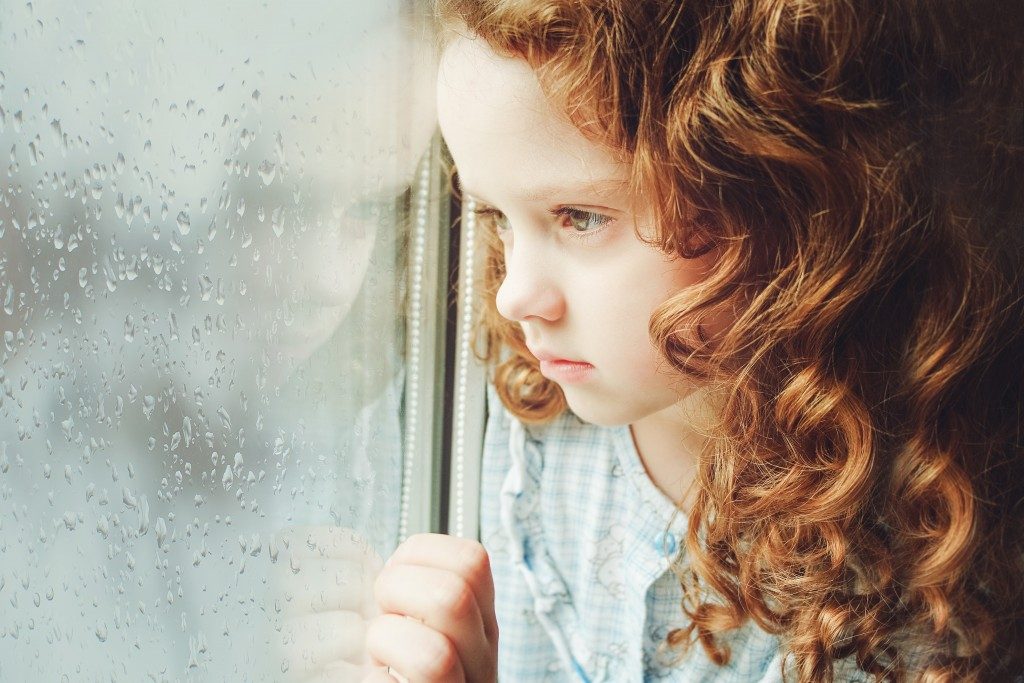A person’s thinking can shape his disposition as well as his mood. So, when a young student feels cynical about certain things, these thoughts will soon affect his frame of mind. Negative thinking works like a giant wall. It closes you in and prevents you from accomplishing any of your goals.
In the same way, the negative disposition can hold a young student back from achieving his full potential. But not everyone knows that having these negative emotions can affect them deep inside.
Psychological Effects of Negative Thinking
Every part of a person’s body has a connection with one another. When negative thoughts creep into a person’s brain, they tend to block the impulses coming from the central nervous system to the brain, making it difficult for the brain to process the pulses. many experts say that it can result in difficulty in understanding and comprehension. There will also be times a person will become forgetful and experience a drop in their IQ.
Emotional Effects of Negative Thinking
Negative disposition in life often leads to depression and anxiety. When this happens, the brain can’t correctly interpret the impulses coming from your central nervous system. This leads to mood swings and instances of emotional upset. Negative thinking can lead to mental stress and pressure. It can even agitate a person’s emotions, which often results in emotional stress.
A student who usually has a negative perception of himself often suffers from poor self-confidence. He also tends to have a defeatist attitude instead of developing a winning personality.
Inspire Optimism Inside the Classroom

As an educator, you have the responsibility to inspire your students to reach their full potential. One way of doing so is to encourage them to develop a positive attitude. You can do so by asking them to write a book online free of charge. To help you with the task, here are a few facts about creating a positive environment for your students.
● Over-encouraging doesn’t help
There are times when encouraging young students too much can make matters worse. Roots of Faction says that children shouldn’t get praise for all the things that they do. Overpraising tends to affect a child’s development. If not done correctly, it may lead to the development of narcissistic behavior. You should only give them words of encouragement when they do things unexpected from them. It should have a connection to a result that helps contribute to their improvement.
● Comparing them to others won’t do them any good
Children nowadays often get compared to others in everything that they do. It usually includes grades, sports, and even their activities after school. Although this type of setting works on others, it doesn’t mean that’s effective on everybody else. It’s best to use words of encouragement when comparing them to others to lessen the pressure.
These are a few of the things that should help you build a positive learning environment for your students. Learn how to use encouraging words for your students, even at a young age. Encourage them to be creative, so it can start a flame that’ll fuel their growth.
